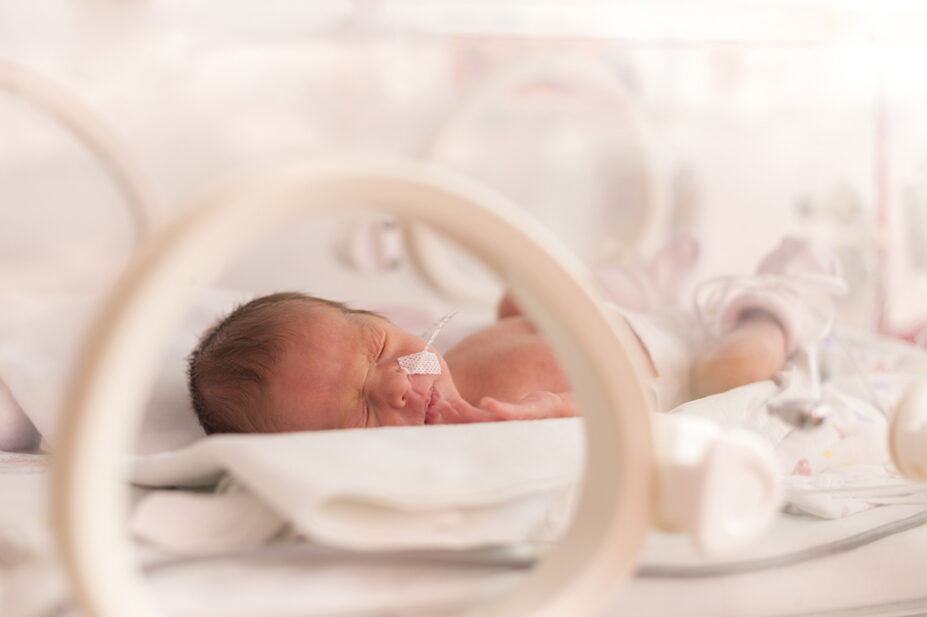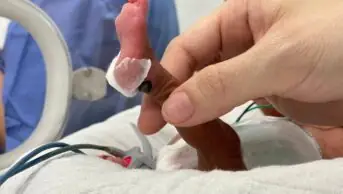
Shutterstock.com
Premature babies are to be routinely offered a drug to prevent blindness on the NHS for the first time, NHS England has announced.
In a statement published on 4 July 2023, Amanda Pritchard, chief executive of NHS England, said that ranibizumab — which is already routinely used to treat adults with wet age-related macular degeneration — would be available to treat babies born in England with retinopathy of prematurity (ROP), which affects blood vessels in the retina, creating damaging scar tissue and causing blindness.
The drug is administered into the eye using a precise injection system that does not cause any scarring, which is particularly important in babies with ROP in the central, most sensitive part of their vision.
Ranibizumab temporarily stops the action of growth protein vascular endothelial growth factor (VEGF), which reduces or reverses the growth of the abnormal blood vessels.
ROP affects around 20% of preterm babies and all preterm or low-birth-weight babies are screened for ROP on the NHS. If severe ROP is diagnosed, treatment with ranibizumab could begin within two or three days.
Up to one in three (31%) babies will need a second treatment within four months of the first treatment taking place, with regular follow up in the first six months followed by annual follow up to age five years.
Peter Bradley, director of services at Bliss, a charity that supports babies born premature and their parents, said the treatment was “an important step forward for many babies”.
“It is absolutely brilliant to see this sight-saving treatment being rolled out nationally,” he said.
“ROP affects many babies born premature and can become very serious.”
Pritchard’s statement added: “The impacts of vision loss can be absolutely devastating, particularly for children and young people, so it’s fantastic that this treatment will now give families across the country another life-changing option to help save their child’s precious sight.
“The national roll-out of this lifeline treatment for babies who are too poorly to undergo laser therapy is a vital step forward in preventing avoidable vision loss.”


